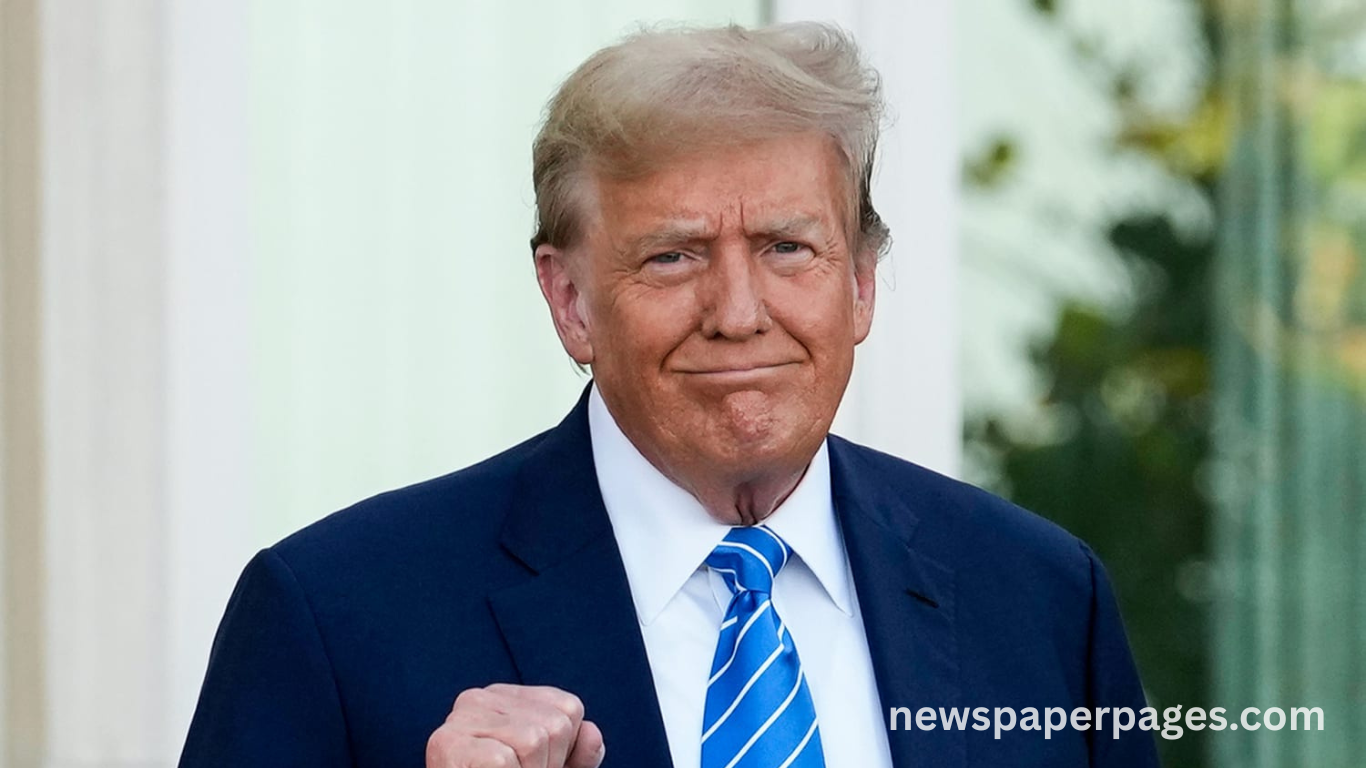The United States Department of Justice (DOJ) has long been a powerful institution, wielding extensive resources, including federal law enforcement and the ability to access confidential information. Historically, its lawyers enjoy a high degree of trust in the courtroom due to their role in upholding the Constitution and advancing public interest. However, under the Trump administration, there are growing concerns that the Justice Department is squandering its most valuable asset: its credibility.
The DOJ’s Historical Reputation
The Justice Department’s power lies not just in its resources but in the trust it commands. Judges and juries tend to take DOJ lawyers at face value, assuming their integrity and adherence to legal norms. Many judges themselves have served in the DOJ, reinforcing this trust. This presumption of good faith has been a hallmark of the department’s reputation for years, but cracks in that image are beginning to show.
The Erosion of Trust Under Trump’s DOJ
In recent months, Trump-era DOJ lawyers have faced scathing criticism from judges, even in high-profile cases. The comments have been unusually harsh, with judges openly questioning the honesty and accuracy of the DOJ’s arguments. This shift in judicial attitudes could have serious implications for the Trump administration’s legal battles.
For instance, in April 2025, the U.S. Supreme Court issued a rare rebuke to the DOJ by halting the deportation of Venezuelan immigrants detained under the Alien Enemies Act. This intervention came after DOJ lawyers appeared to misrepresent the situation, leading the court to act swiftly to correct the record.
Case Examples Highlighting the Crisis
Several cases in early 2025 showcased the mounting dissatisfaction with the DOJ’s credibility. In one instance, a judge in California accused the government of using a “sham” strategy to justify firing probationary federal employees. In another case, a judge handling the administration’s transgender military ban noted that the government’s arguments were “littered with animus and pretext.” The frequency of such criticisms, particularly from federal judges, indicates a deeper problem.
Furthermore, cases involving the Alien Enemies Act and the detention of Kilmar Abrego Garcia have revealed more instances where DOJ lawyers were criticized for providing vague, evasive answers that cast doubt on the government’s sincerity.
The Impact on Legal Strategy and Litigation
The Trump administration’s credibility issues are not only affecting its standing in court but also its legal strategies. In several high-profile cases, including challenges to executive orders on birthright citizenship and federal employee rights, judges have pointed out contradictions and factual inaccuracies in the DOJ’s arguments. This erosion of trust could undermine the administration’s efforts to advance its legal agenda, especially in matters as politically charged as immigration and national security.
Moreover, the DOJ’s reliance on political appointees and new attorneys has further complicated its standing in court. Judges have increasingly criticized these lawyers for lacking the professional detachment and credibility traditionally associated with the DOJ.
Frequently Asked Questions
Why is the DOJ’s credibility important?
The DOJ’s credibility is crucial because it impacts the trust judges place in its lawyers. When the department’s lawyers are seen as untrustworthy, it undermines the effectiveness of its legal arguments and diminishes the power of federal law enforcement.
How has the Trump administration contributed to this crisis?
Under the Trump administration, new political appointees and changing legal strategies have led to several high-profile instances where the DOJ’s lawyers have been accused of misleading the courts or making factually unsupported claims.
What are the implications for the Trump administration’s legal battles?
As trust in the DOJ wanes, the administration’s ability to succeed in legal challenges could be compromised. Judges may be less inclined to rule in favor of the government, and the DOJ could face greater scrutiny in future cases.
Could the Supreme Court’s stance change?
The Supreme Court may become more skeptical of the DOJ’s arguments, particularly as they involve politically sensitive issues like immigration and executive power. Recent cases suggest the Court is already showing signs of concern.
Conclusion
The Trump administration’s Justice Department is at a critical juncture. The credibility issues plaguing its lawyers could have lasting consequences, not only for its legal battles but also for the broader integrity of the department. As more judges question the government’s actions and arguments, the DOJ’s ability to execute its legal agenda effectively is increasingly in doubt.
The coming months may reveal whether the Supreme Court and other judicial bodies will continue to support the administration or take a more skeptical stance in response to these growing concerns. The fate of key policies and the future of the DOJ’s credibility hang in the balance.

